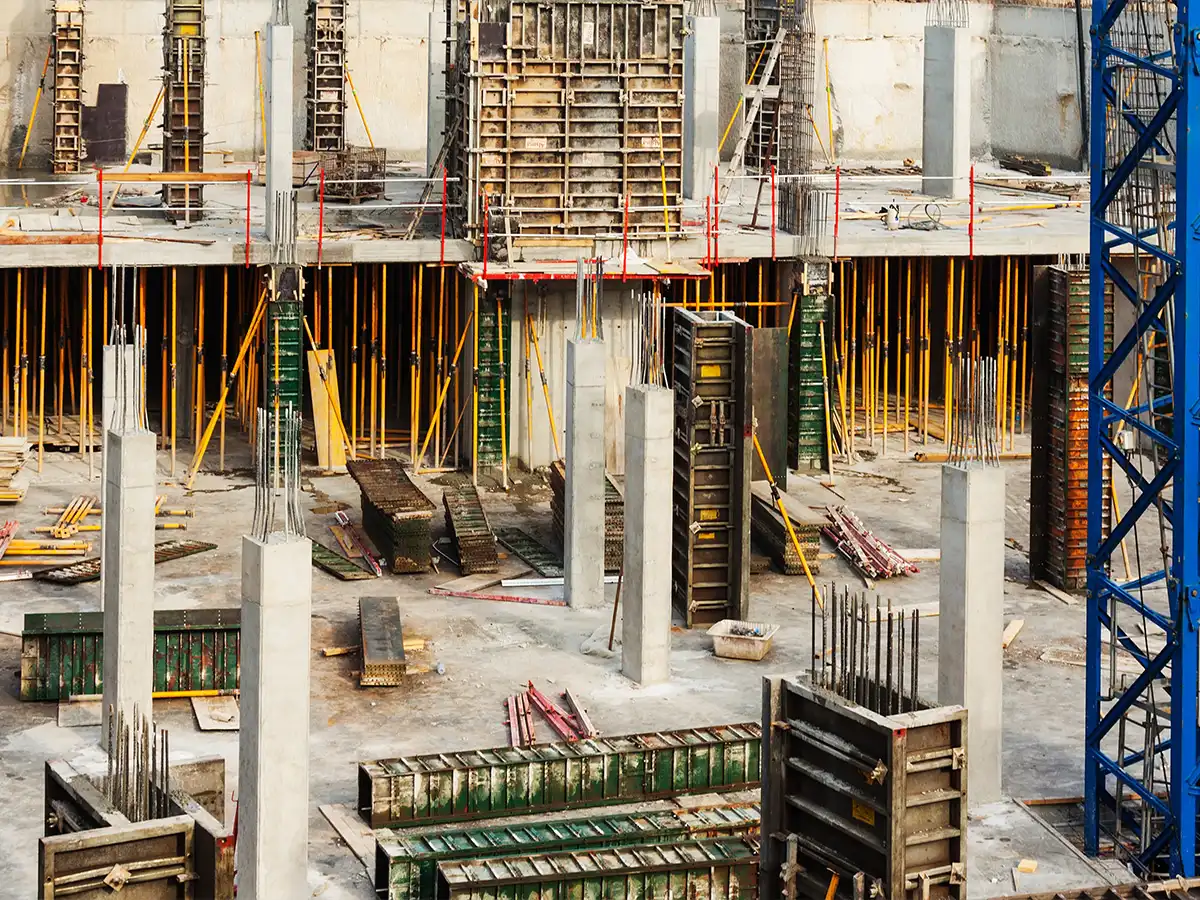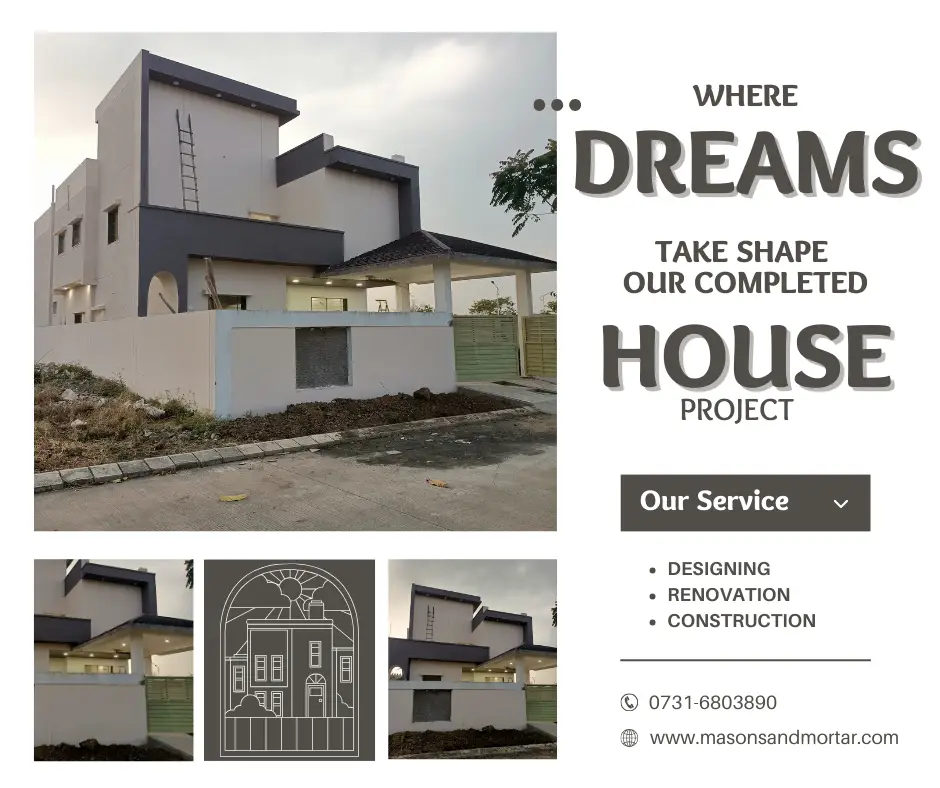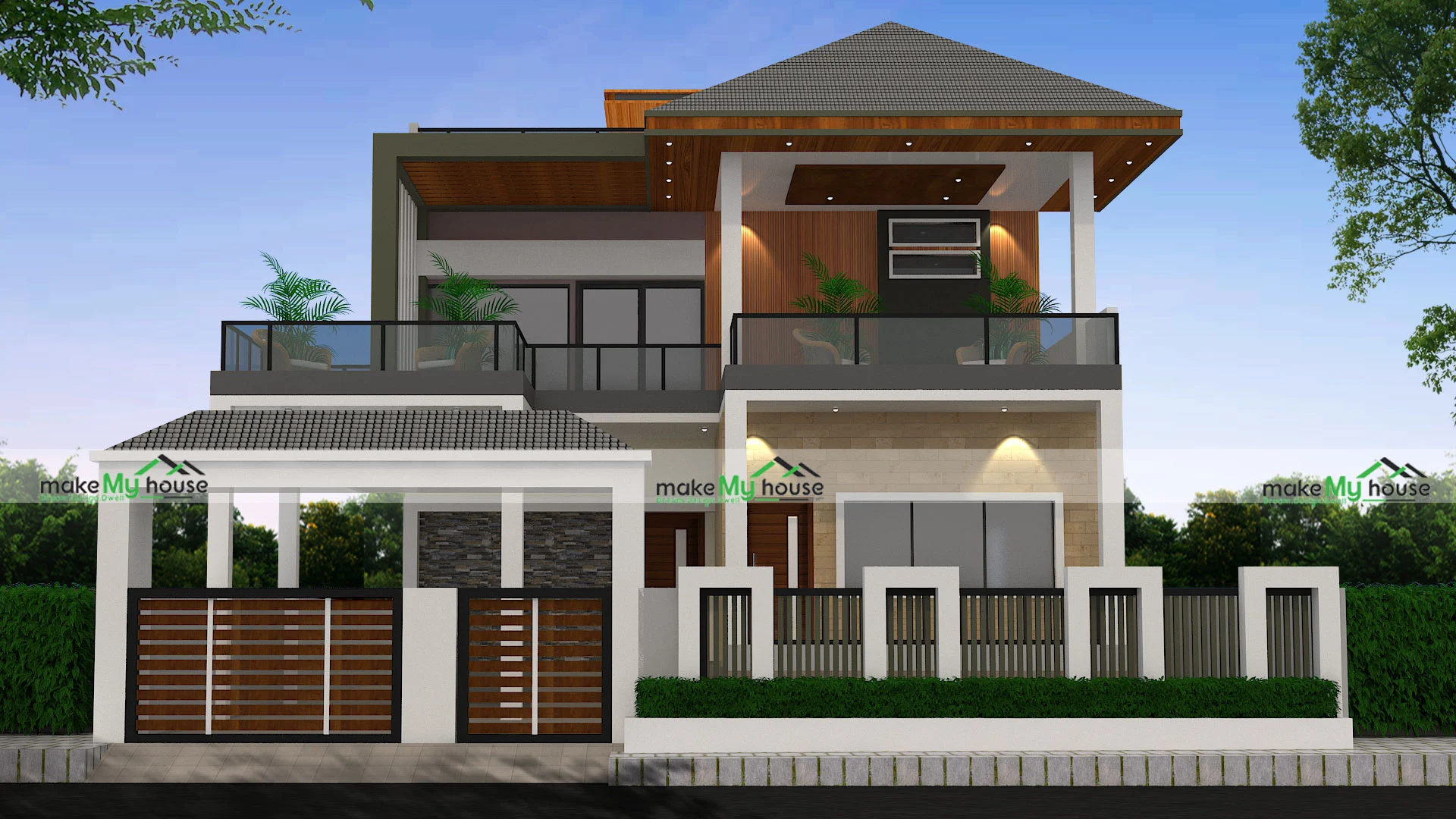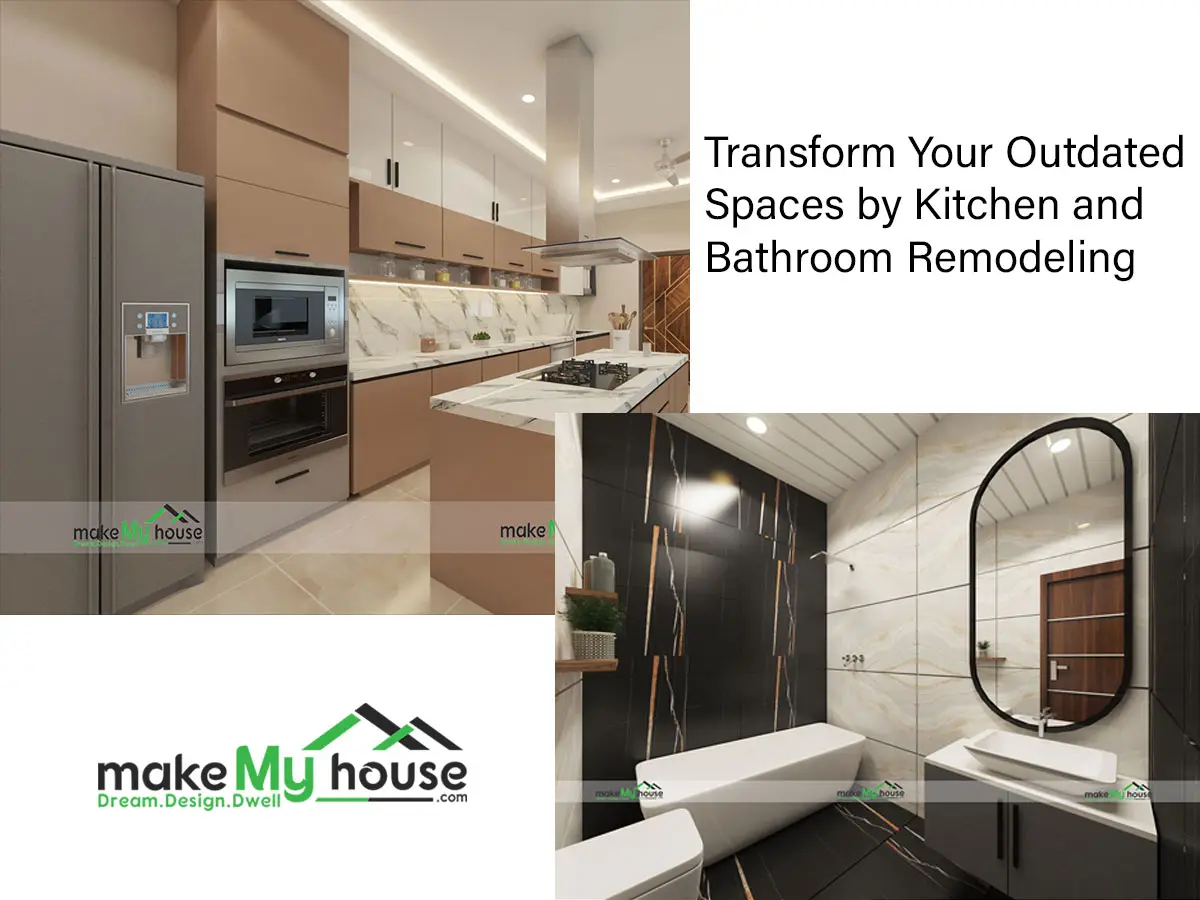In the ever-evolving landscape of commercial construction, efficiency, speed, and cost-effectiveness have become paramount. Traditional construction methods, although tried and tested, often face challenges in meeting these demands. This is where modular construction steps in as a game-changer. In this blog, we’ll explore the role of modular construction in streamlining commercial projects and how it’s reshaping the industry.
Understanding Modular Construction
Modular construction is an innovative building approach that involves the construction of individual modules or sections off-site in a controlled factory environment. These modules are then transported to the construction site and assembled to create the final structure. This methodology stands in contrast to traditional stick-built construction, where most of the work occurs on-site.
Streamlining Commercial Projects
1. Speed of Construction
One of the most significant advantages of modular construction is speed. Since modules are simultaneously fabricated in the factory while site preparation takes place, project timelines can be dramatically reduced. This is particularly beneficial for commercial projects with tight deadlines, such as hotels, healthcare facilities, and office buildings.
2. Cost Efficiency
Modular construction offers cost savings in various ways. Reduced construction time means lower labor costs. Additionally, the controlled factory environment minimizes material waste, and bulk purchasing of materials can lead to savings. Overall, modular construction can offer commercial developers a more predictable and budget-friendly solution.
3. Quality Control
Quality control is a central feature of modular construction. Each module undergoes rigorous inspections during the manufacturing process. This precision ensures that the final structure meets high-quality standards. In industries like healthcare, where hygiene and safety are paramount, this level of quality control is invaluable.
4. Sustainability
Modular construction aligns with sustainability goals. The controlled factory environment allows for the recycling of materials and minimizes energy consumption. Additionally, the precision of modular construction reduces the need for costly rework, which can generate waste in traditional construction.
5. Flexibility in Design
Contrary to the misconception that modular construction limits design creativity, it offers remarkable flexibility. Architects and designers can work with modular units in creative ways to achieve diverse and aesthetically pleasing commercial spaces. Modular structures can also be easily expanded or reconfigured as needed.
6. Reduced Site Disruption
Commercial projects often take place in bustling urban environments. Modular construction minimizes on-site disruption since much of the construction work occurs off-site. This reduces noise, dust, and inconvenience for neighboring businesses and residents.
Applications in Commercial Construction
Modular construction has found success in various commercial sectors:
1. Hotels: Modular construction allows for the rapid construction of hotel rooms, ensuring hotels can open sooner and start generating revenue.
2. Healthcare Facilities: Hospitals and healthcare centers require precision and cleanliness, making modular construction a compelling choice for sterile environments.
3. Office Buildings: Commercial office spaces can benefit from the speed and flexibility offered by modular construction, accommodating changing workspace needs.
4. Educational Institutions: Schools and universities can take advantage of modular construction to quickly expand their campuses or add classrooms.
5. Retail Spaces: Modular construction enables the speedy creation of retail environments, reducing downtime for shop owners.
Challenges and Considerations
While modular construction offers many benefits, it’s essential to consider project complexity, transportation logistics, and site access when deciding if it’s the right fit for a specific commercial project. Additionally, selecting an experienced modular construction partner is crucial to ensure a successful outcome.
In conclusion, modular construction is playing a pivotal role in streamlining commercial projects. It offers speed, cost-efficiency, quality control, and sustainability while allowing for creative design solutions. As the commercial construction industry continues to evolve, modular construction is sure to remain a compelling choice for developers looking to meet the demands of a fast-paced world.
FAQs about Modular Construction
Q: What is modular construction, and how does it differ from traditional construction methods?
A: Modular construction involves building individual modules or sections off-site in a factory-controlled environment and then assembling them on-site to create a structure. In contrast, traditional construction involves building most components on-site.
Q: What types of commercial projects are suitable for modular construction?
A: Modular construction can be applied to a wide range of commercial projects, including hotels, healthcare facilities, office buildings, educational institutions, and retail spaces, among others.
Q: How does modular construction speed up the completion of commercial projects?
A: Modular construction accelerates project timelines by allowing for simultaneous off-site module fabrication while site preparation occurs. This parallel process significantly reduces construction duration.
Q: Is the quality of construction compromised in modular projects compared to traditional construction?
A: No, modular construction often offers higher quality due to stringent quality control processes in the factory. Modules undergo rigorous inspections to ensure they meet or exceed quality standards.
Q: What are some challenges to consider when opting for modular construction in commercial projects?
A: Challenges include transportation logistics, site access, and assessing project complexity to determine if modular construction is the right fit for a specific project.
Q: Can modular construction be used for complex or customized commercial designs?
A: Yes, modular construction offers design flexibility. Architects and designers can work creatively with modular units to achieve diverse and customized commercial spaces.












One thought on “Contribution of Modular Construction in Streamlining Commercial Projects”